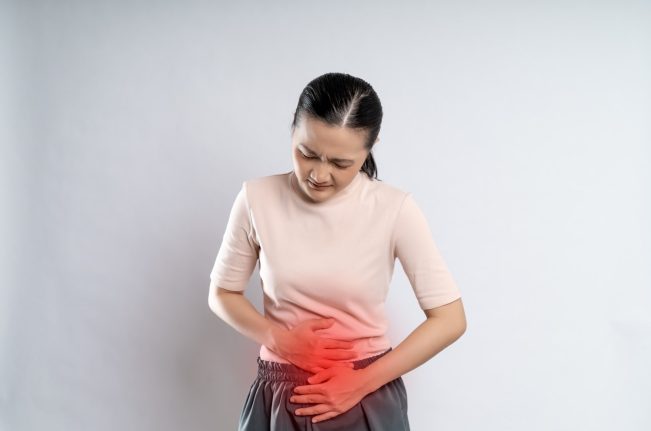Dysmenorrhea is a common condition that affects women of reproductive age. It is characterized by painful menstrual cramps that can range from mild to severe. In this blog, we will discuss the causes, symptoms, and treatment options for dysmenorrhea.
Causes of Dysmenorrhea:
- Overproduction of prostaglandins, which are hormone-like substances that are responsible for uterine contractions during menstruation
- Endometriosis, a condition in which the tissue that lines the uterus grows outside of it
- Uterine fibroids, which are noncancerous growths that can cause pain and heavy bleeding
- Adenomyosis, a condition in which the tissue that lines the uterus grows into the muscular walls of the uterus
Symptoms of Dysmenorrhea:
- Cramping pain in the lower abdomen that can radiate to the lower back and thighs
- Nausea and vomiting
- Diarrhea or constipation
- Headaches
- Fatigue
- Mood changes
Treatment Options for Dysmenorrhea:
- Over-the-counter pain relievers such as ibuprofen or naproxen
- Hormonal birth control, which can help reduce the amount of prostaglandins produced during menstruation
- Heating pads or hot water bottles applied to the lower abdomen
- Exercise, which can help relieve menstrual pain and improve mood
- Relaxation techniques such as yoga or meditation
- Surgery may be necessary in severe cases, such as endometriosis or uterine fibroids
Natural Remedies for Dysmenorrhea:
- Ginger tea, which has anti-inflammatory properties that can help relieve menstrual pain
- Magnesium supplements, which can help reduce muscle tension and cramping
- Omega-3 fatty acid supplements, which can help reduce inflammation
- Acupuncture, which can help alleviate menstrual pain and improve mood
- Herbal remedies such as chamomile or fennel tea, which can help relax the uterus and reduce menstrual cramps
Living with Dysmenorrhea:
- Keep track of your menstrual cycle and symptoms in a journal or app
- Get plenty of rest and avoid stress as much as possible
- Stay hydrated and eat a healthy diet
- Talk to your doctor if your menstrual pain is severe or interferes with your daily activities
In conclusion, dysmenorrhea is a common condition that can cause significant pain and discomfort. Fortunately, there are many treatment options available to help manage menstrual cramps and other symptoms. If you are experiencing painful periods, talk to your doctor to determine the best course of treatment for you

